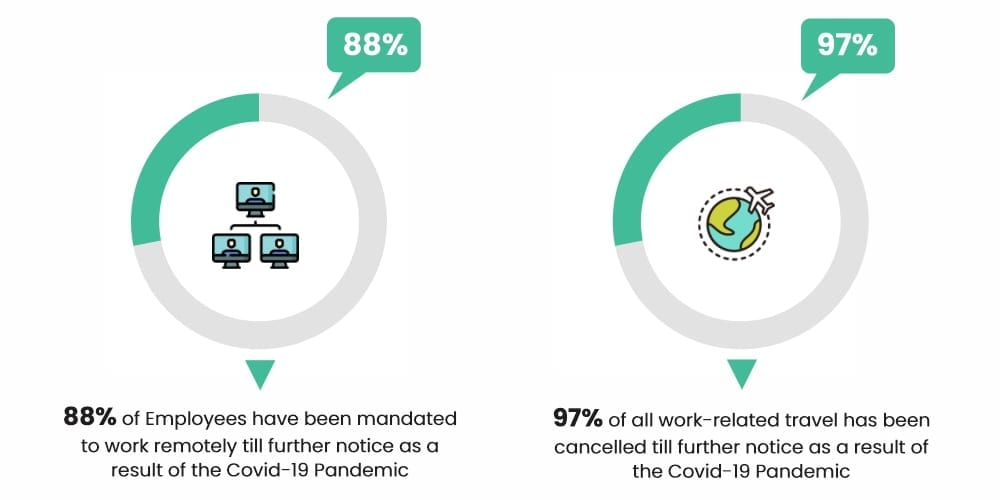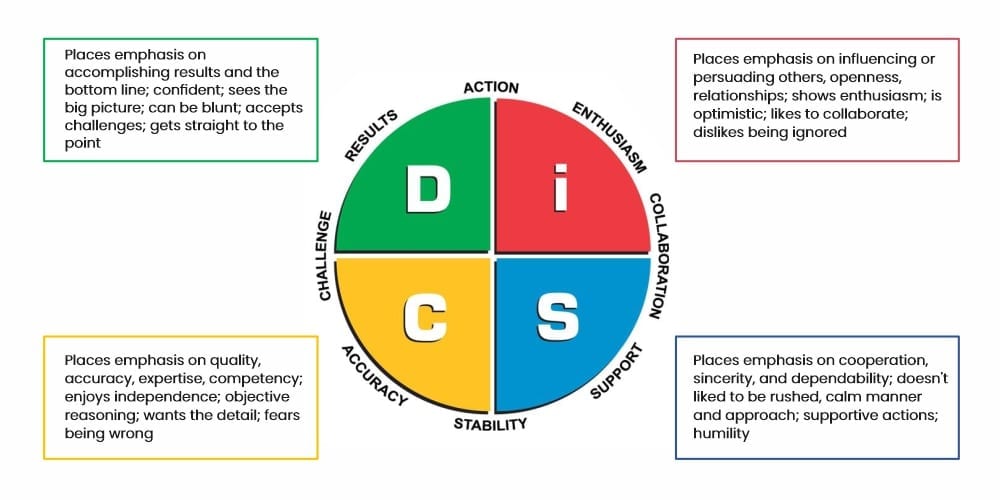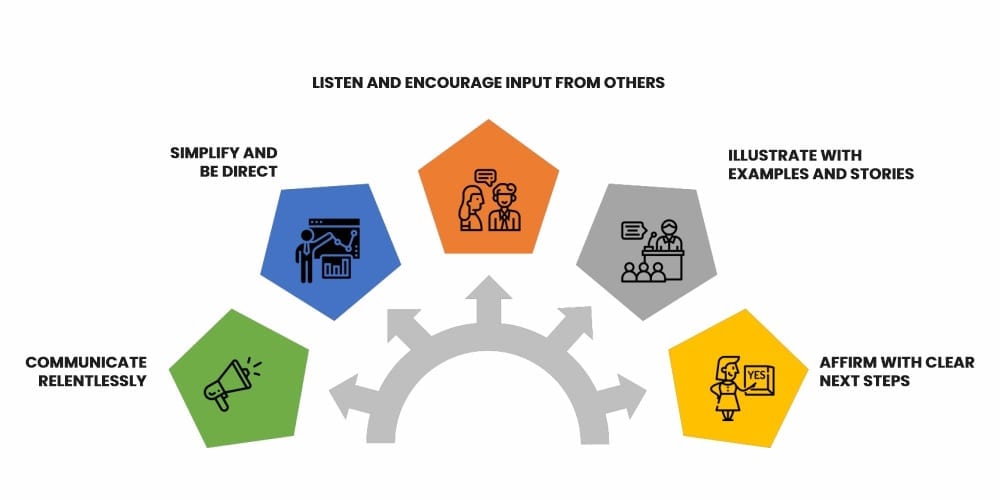As the coronavirus (COVID-19) continues to spread worldwide, Heads of governments have imposed nation-wide lockdowns to enforce social distancing and curb the spread of the virus. HR executives have been thrust in the spotlight and asked to advise on how to handle staff safety and engagement amid current realities.
Gartner surveyed HR executives to assess how various organisations are handling the pandemic. Results show that 88% of employees have been mandated to work remotely, while 97% have cancelled work-related travel. Businesses need to adapt their practices, policies and people engagement approaches at a faster pace than initially anticipated, to work-through the lockdown and become more remote-friendly after we pass this phase.
Moving over 80% of the workforce to remote work is new for many organisations, especially in Nigeria. Executives who have not previously attempted to simulate remote working are now scrambling to answer the questions: “How do we keep employees engaged to maintain performance? How can we track their work efficiently while working remotely? Will employees still stay motivated? How will the organisation still meet its targets with this sudden shift?”
For most companies, the answers to these questions and the full impact of this pandemic currently remains unclear. pcl. has gathered insights from our clients who have deployed remote working. We have outlined some common threads that serve as motivations for organisations at this time.
The experiences from our clients implementing remote working can be grouped into two elements: communication styles and participation.
Understanding communication styles
A greater understanding of how individuals, managers, and teams prefer to communicate can help fast-track the transition to remote working for your business.
How quickly can you easily determine your team’s communication style and how will it define their remote work success?
There is a quick scientific approach with using assessments such as PPA (Personal Profile Analysis) which provides insights into a person’s prevailing communication style. The PPA measures a person’s preference around 4 core behavioural and communication styles.
• Dominance: prefer brief, direct communication and can be quite assertive
• Influence: prefer fast-paced, verbal communication and like to verbalize ideas
• Steadiness: prefer to listen and communicate actively, when reflected
• Compliance: prefer communication that focuses on facts and detail
When managers have explored their team members’ preferred styles, modifications should be made in their communication style to make the best impact while working remotely. A lot of responsibility lies on managers to understand the communication styles of their team members.
Understanding your team’s communication style will be critical to maximizing the benefits presented by remote working practices. While some employees may adapt to remote work more easily than others, communicating using methods they prefer will help them transition and maintain engagement to remote working effectively.
Team Participation
It is essential to keep the momentum going with participation within the team as they work from home.
• Engage in weekly meetings to track deliverables, activities and responsibilities of the entire team.
• Set daily calendar reminders and to-do lists or each member. This way, each team member is clear on their responsibilities for the day. This will ensure every member participates in achieving organisation-wide goals.
It is important for organisations to aggressively track and document what strategies are working best in real-time for remote work, especially if this process is relatively new for the organisation.
Understanding communication styles is a key step to maximizing the benefits of remote work and defining team participation for increased productivity. Implementing remote work may require initial set up costs for employees in terms of the provision of devices, power supply, internet access and the necessary work software. It also shifts the focus of collaboration from face-to-face to a digital culture orientation that the majority of employees need to embrace.
Remote working is here to stay, and the successful organisations who will stand the test of time are those who will be deliberate and strategic with efforts to communicate effectively and adapt to the current changes. Part of the conscious effort will be the ability of organisations to put in place an effective measurement and monitoring system while promoting this win-win culture between the employees and employers.
Want to learn more about the PPA (Personal Profile Analysis) and its benefits to teams and organisations at large? kindly contact info@phillipsconsulting.net
Written by:
 |
 |
| Charlotte Adeyemi
Analyst |
Nimi Adeyemi
Assistant Consultant |
Reference
Gartner (2020) Create Effective Remote Work Amid the Coronavirus Outbreak. [1]



